Glycol for heat transfer fluid in solar water heating systems
190.00 AED – 280.00 AED
Description
Glycol Usage in Solar Water Heaters
Glycol, typically in the form of propylene glycol or ethylene glycol, is widely used as a heat transfer fluid in solar water heating systems, particularly in areas prone to freezing temperatures.
Why Glycol is Used:
- Anti-freezing Properties:
- Prevents the solar heating system from freezing during cold weather, ensuring uninterrupted operation.
- Efficient Heat Transfer:
- Glycol solutions conduct heat effectively, optimizing the system’s efficiency.
- Corrosion Protection:
- Many glycol-based fluids include corrosion inhibitors to protect metal components, such as pipes, tanks, and heat exchangers.
How It Works in Solar Water Heaters:
- Closed-loop systems often use a glycol-water mixture.
- The glycol solution circulates in a sealed loop, transferring heat from the solar collector to the water storage tank via a heat exchanger.
- The glycol mixture typically consists of 30-50% glycol and 50-70% water, depending on the local climate and freeze protection requirements.
Maintenance Considerations:
- Regular Inspection: Glycol degrades over time, reducing its efficiency and increasing acidity, which can harm system components.
- Replacement Interval: Generally, the glycol mixture should be replaced every 3–5 years, depending on system usage and manufacturer guidelines.
- Monitoring: Check pH levels and freeze protection properties periodically.
Advantages in Solar Applications:
- Prevents damage in colder regions.
- Allows for year-round solar energy harvesting.
- Compatible with a wide range of solar thermal systems.
Additional information
| Size | |
|---|---|
| Fulfillment By | |
| Material | |
| Type |
Only logged in customers who have purchased this product may leave a review.

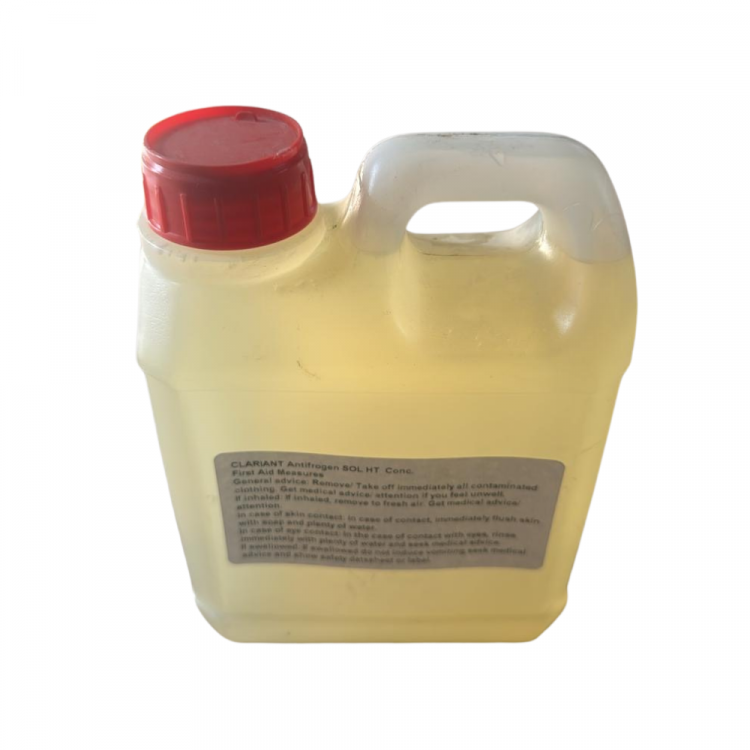
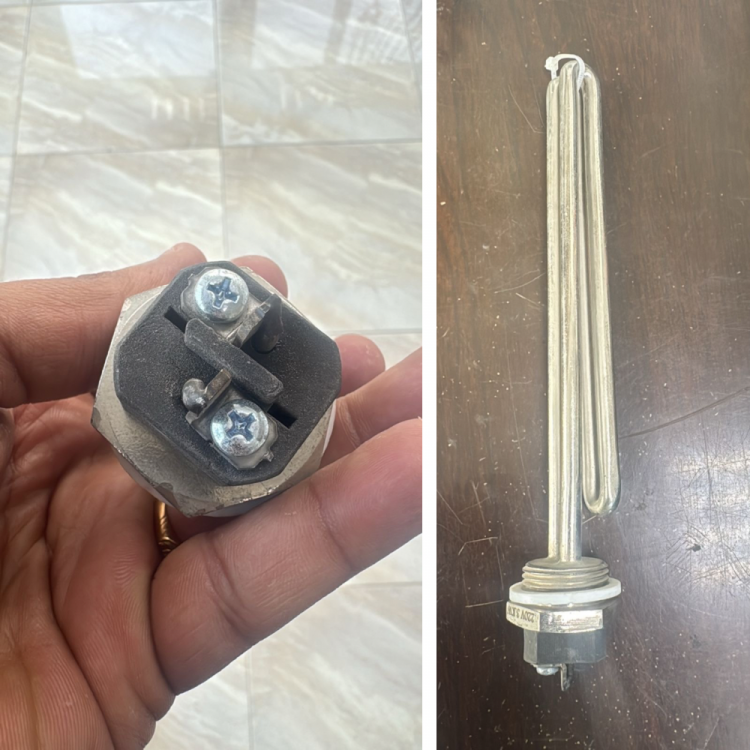
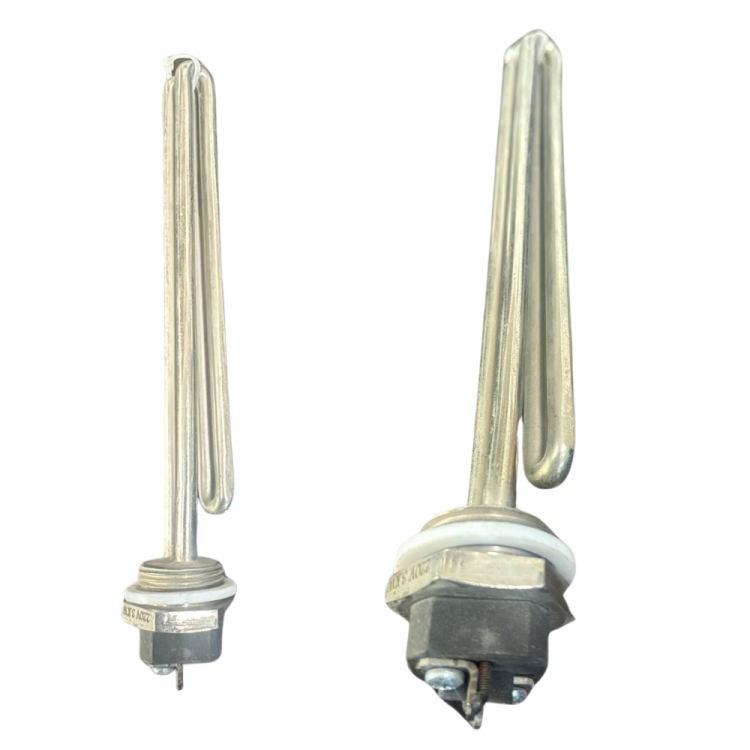
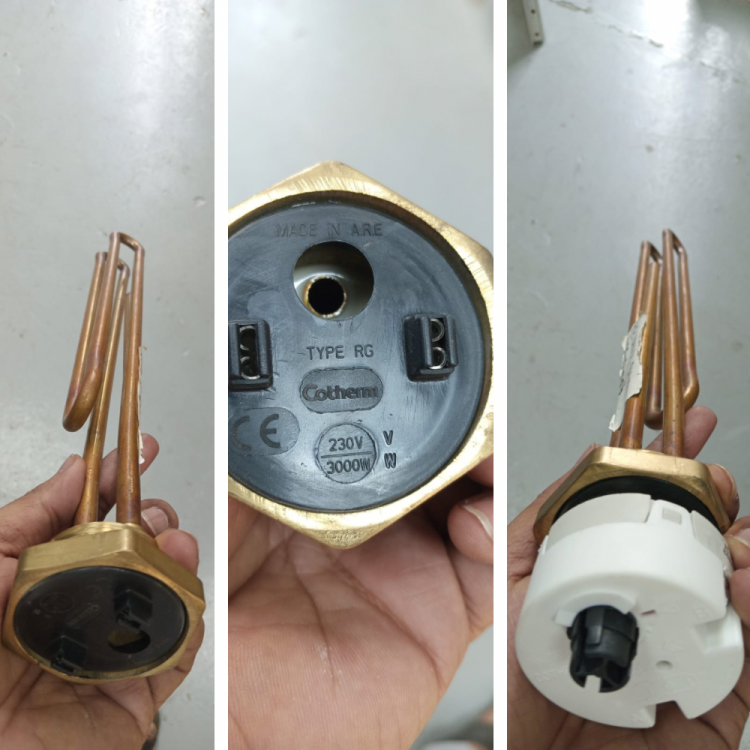
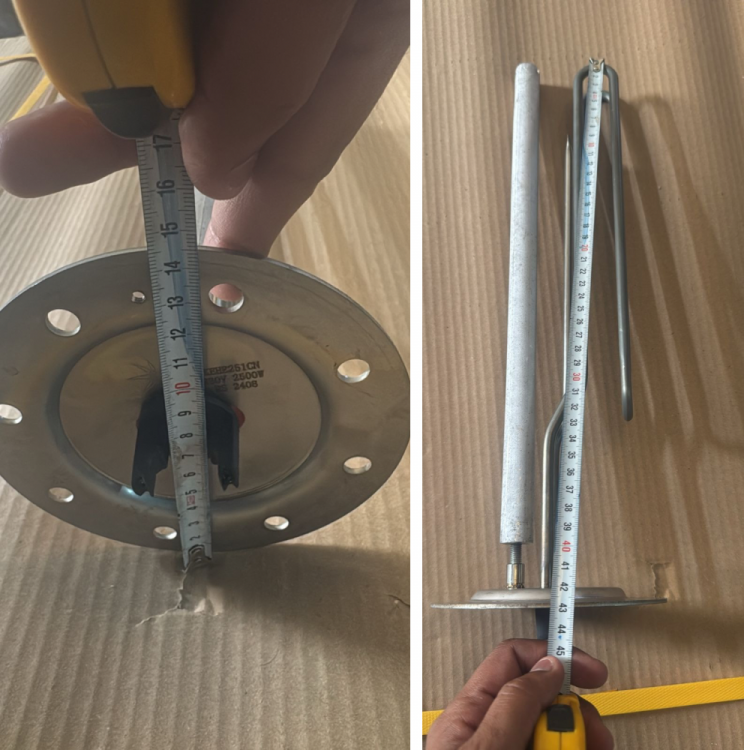
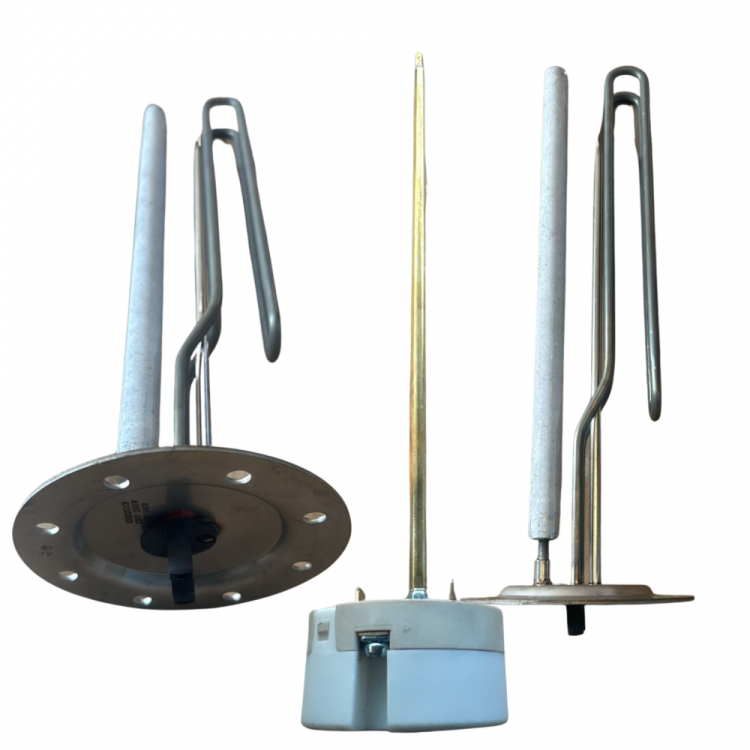
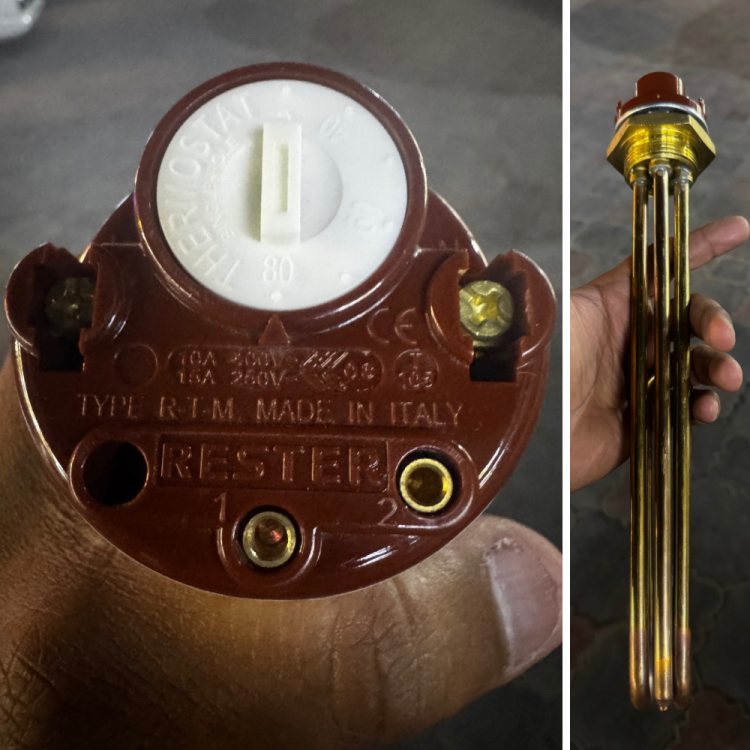
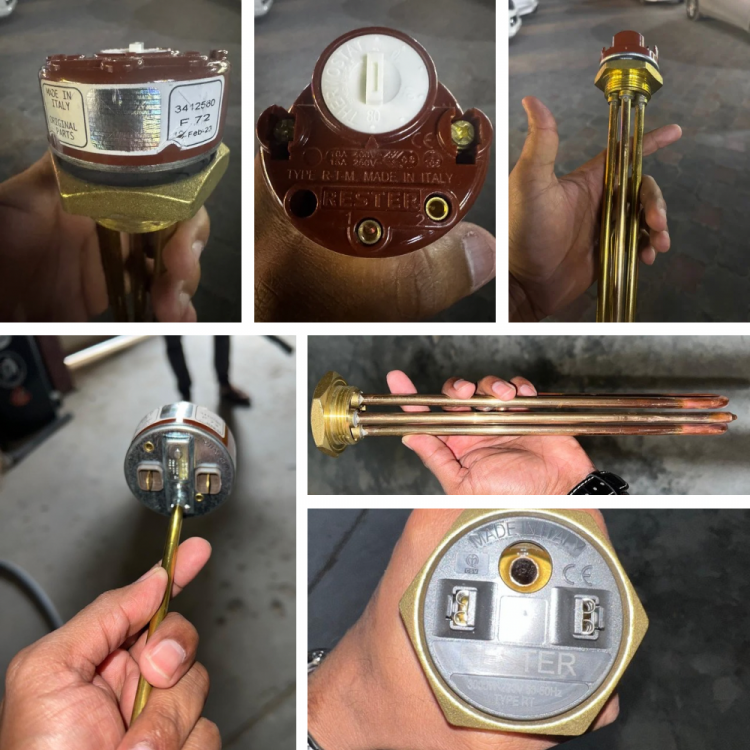
Reviews
There are no reviews yet.